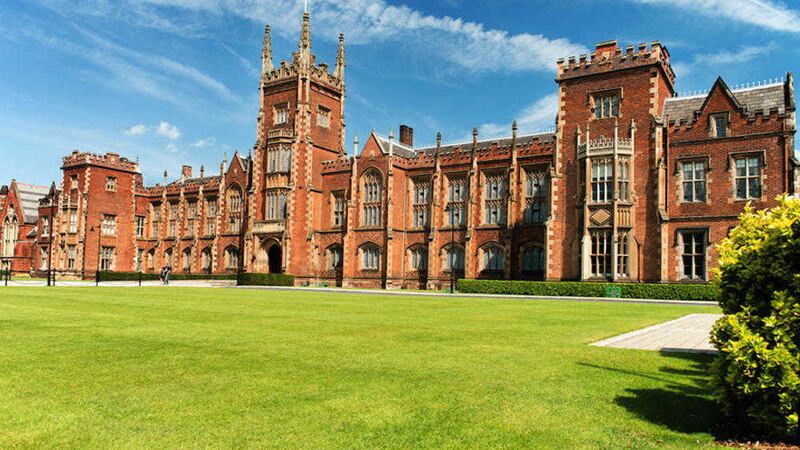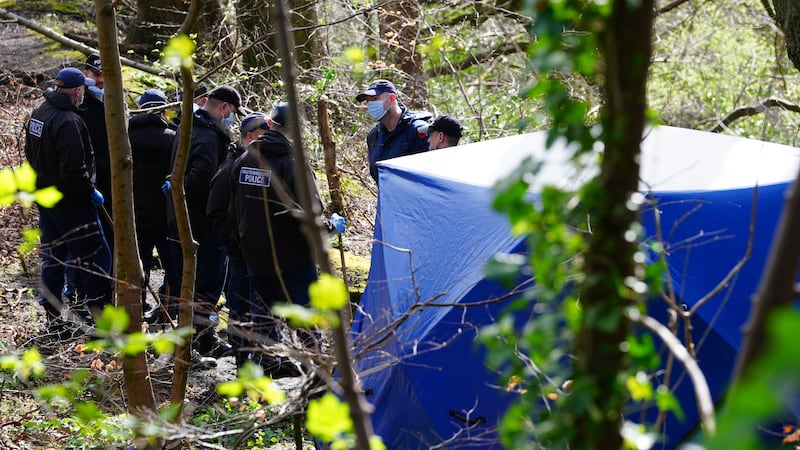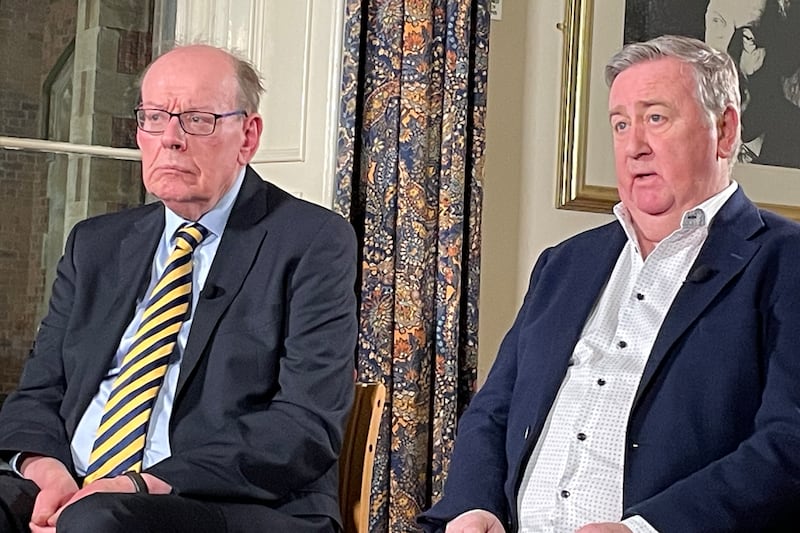ACADEMICstaff are to protest at job losses and "unreasonable and crude" revenue targets by Queen's University Belfast.
There has been growing disquiet about plans that demand some senior staff raise £100,000.
Up until this year, Queen's did not require individual academics to raise specific amounts of money. Grant income goals are now being introduced for most academic posts.
Unions are angry about the imposition of new academic standards, the new grant targets "and the individualisation of these targets".
They say this was done without either meaningful consultation with all academic staff or negotiation with the University and College Union (UCU).
Members are also unhappy about the "threat of the capability procedure if you do not meet grant income targets" and are concerned about job losses.
Both the UCU and students plan to lobby the university's governing senate body today and also stage a short rally today.
Vice-chancellor Professor Patrick Johnston has confirmed more than 1,000 undergraduate student places will be lost over the next three years. The cuts began in September 2015 with the removal of 290 degree places.
These cuts are being made as a major study of public sector pay revealed more than 150 university staff in Northern Ireland received remuneration in excess of £100,000.
The TaxPayers' Alliance (TPA) said there was a need for pay restraint across the public sector, yet packages for senior staff at many education institutions remained extremely generous.
The TPA revealed that Queen's had 126 staff receiving remuneration in excess of £100,000. A dozen received more than £200,000. The individual who received the biggest remuneration package in the north, the TPA found, was employed by Queen's and earned £305,000.
The Irish News asked Queen's to specifically address claims that academics were to be required to attract £100,000 of funding, and whether there would be sanctions against those who failed to meet this target.
It was also asked to outline any plans to shut individual schools, or proposals to merge all humanities schools into one large faculty.
There are also fears that minimum class sizes will be introduced across undergraduate courses and MAs.
In response, a spokesman said the university had established a strategic planning group to determine the future size and shape of the institution "in the context of Vision 2020".
"This work is ongoing and it is expected that recommendations will be presented to senate, the governing body, during the course of this academic year," he said.
"One of the key enablers to support the ambition of Vision 2020 has been the development of a revised set of academic standards, which cover the areas of research, education, academic leadership and societal and economic impact.
"The revised academic standards have been developed at school and faculty level, are subject and discipline specific and reflect the seniority of the academic staff member. The promotions and appraisals schemes have been aligned with these revised standards which have also been benchmarked, where appropriate, with our comparator universities."








